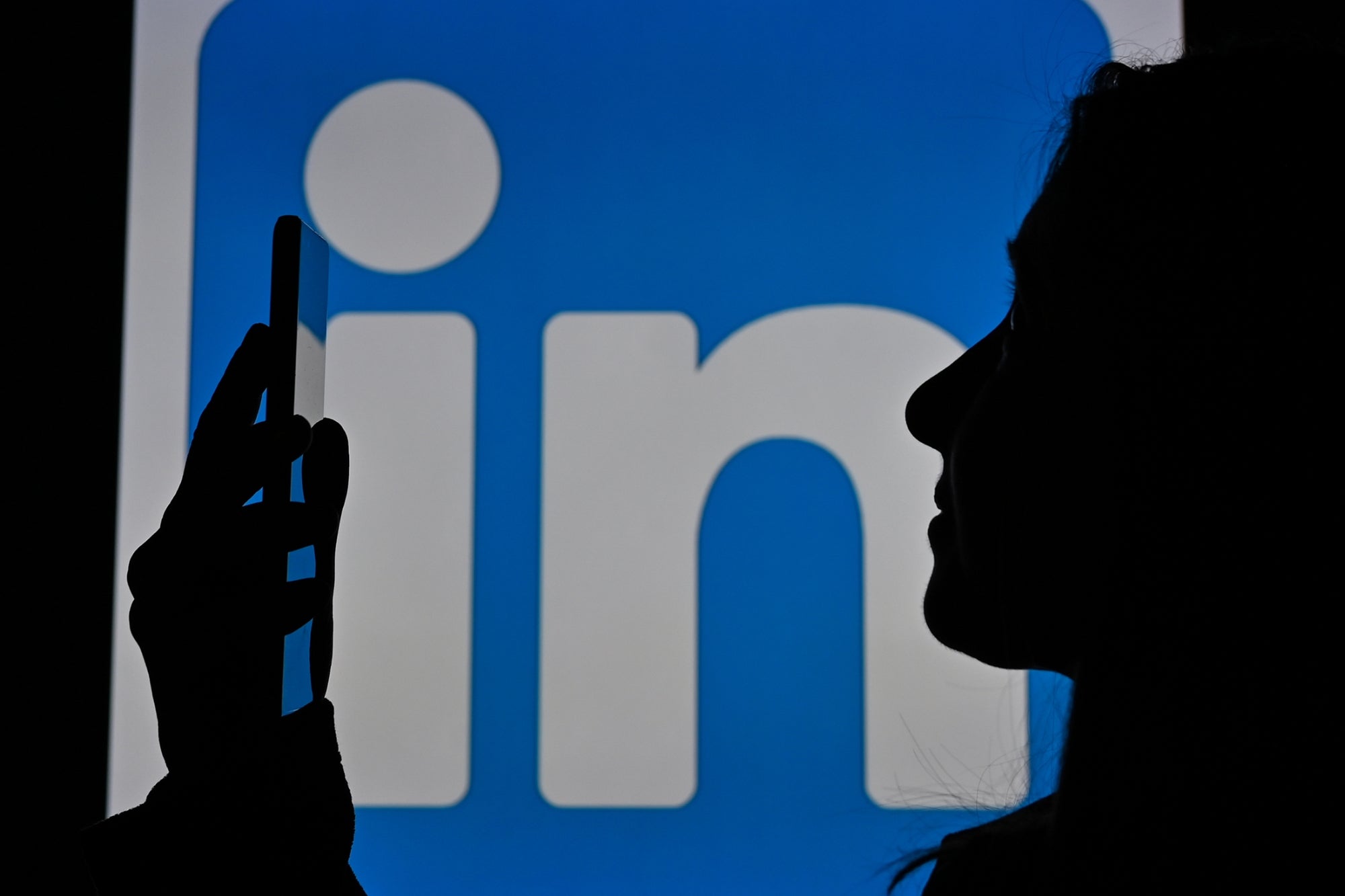Opinions expressed by Entrepreneur contributors are their own.
LinkedIn is “the place to be” for online professional networking. But why is that? Why do more than 830 million business professionals from over 200 countries use the platform?
There’s no simple answer, but there are a few foundational reasons to employ a LinkedIn marketing campaign: to grow your professional network, to identify high-quality leads, to drive targeted traffic to your website and to share thought-leadership content.
Knowing why you should use LinkedIn is a good start, but it’s only that. A generic approach isn’t likely to generate the results you’re seeking. You need to supercharge your LinkedIn marketing efforts, and here are three of the best ways to do so.
Related: 7 Ways You Can Use LinkedIn To Blow Up Your Brand
Ask your team for help
You can make a lot of noise on LinkedIn as a single person, but there’s no reason to stop there. Ask your team to get involved. As the most reputable and reliable advocates of your brand, they can expand your reach in just a few short minutes each day.
Ensure that all employees have updated their profiles to reflect their position at your company. Request that they follow your company page. Encourage them to share personal and brand-related updates. And of course, support them on their quest to provide value to their audience.
Another idea is to create a LinkedIn Group related to your industry. This is a win-win. It’s a place for your team to share news, guidance, and advice with interested parties, while also building an audience that you can use to your advantage in the future.
If resources allow for it, hire a dedicated employee or contractor to manage your LinkedIn marketing strategy. With a singular focus, this person can make a bigger impact in a shorter period of time. It’s not required, but keep it on your radar.
Related: 8 Tips to Help You Grow Your Business on LinkedIn
Consistently publish relevant, insightful content
A social network with so many users is sure to generate quite a bit of low-quality content, but you don’t want to be part of this group. Be part of the group that consistently publishes relevant, insightful and actionable content. That’s how you stand out from the crowd.
Creating engaging content is a trial-and-error process. It takes time to pinpoint your audience’s needs and find a cadence that works for you, so don’t jump ship too soon. It could take days, weeks or even months to hit your content-related goals for the first time.
Increase your odds of success by:
- Consistently sharing content (1x/day, 2x/day, 5x/week, etc.).
- Publishing unique (not rehashed) insights
- Tracking what does and doesn’t work and adjusting accordingly
Also, keep in mind that publishing original content is only one piece of the puzzle. It’s good practice to engage with your audience in the comment section of their posts. Share your take, answer questions and — when appropriate — send direct messages to continue the conversation in private.
Don’t bite off more than you can chew early on. Start slowly to gain your footing and to better understand the wants and needs of your audience. As you settle in, ramp up content production without sacrificing quality. A slow and steady ascent is the best approach.
Related: Navigating the Great Reshuffle: Why Your Employer Brand is Key in Recruiting Talent
Get serious about analytics for your content
This one word — analytics — can be the difference between success and failure on LinkedIn. Creating content is only the start. Knowing what’s resonating with your audience is what really matters. This allows you to continually adjust your strategy with the goal of reaching a larger audience and boosting engagement.
You can view analytics for all types of LinkedIn content including short-form posts, articles, videos, images, polls and events. This includes data such as:
- Engagements
- Discovery
- Impressions by demographics
- Article performance
- Video performance
These insights are needed to understand the impact your content has on your audience. Soon enough, you’ll have the data you need to determine what type of content generates the best response. You can then create more content that matches what’s worked to date.
While it’s important to get serious about analytics for your LinkedIn content, don’t let it cloud your vision. Know what matters most to you — such as making industry connections or generating leads — and create content that points you in that direction. Vanity metrics will make you feel good, but they don’t always have the intended impact on your bottom line.
Related: The Underrated Power of LinkedIn Content Creation
Repurpose your LinkedIn content
The guidance above will help you supercharge your LinkedIn marketing, but it can do more than that. It’s a good jumping-off point for growth on other platforms and channels marketing professionals will use to their advantage.
Examples include repurposing the content for publication on Twitter and Facebook, using it as a foundation for blog content or sharing it with your email list via a weekly newsletter. When you repurpose content, you give it new life. And with that, you’re taking the steps necessary to establish your authority and grow your brand on other platforms.







